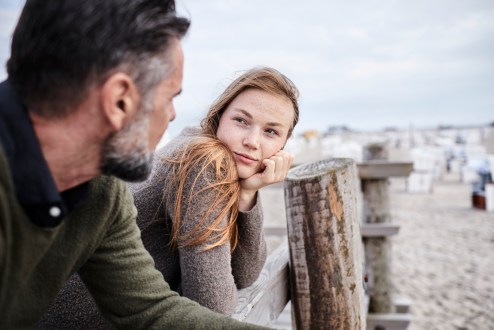Why teenagers are better than you think
Teens. They get a bad rap...

I like teenagers. The handful I know are generally friendly, polite and interested in the world around them.
But this is rarely the image portrayed in the media. Rather, today's teens, know as Generation Me or GenY, are often described as egotistical, self-absorbed, work shy, disaffected slackers. Even better if they're violent, rude, binge-drinking, decorated with ASBOs and addicted to Facebook – it gives commentators more to despair over.
So I was pleased to see a report from Ontario and Michigan universities comparing teenagers with previous generations, with unexpected results.
To quote the authors; "We found little evidence of meaningful change in egotism, self-enhancement, individualism, self-esteem, locus of control, hopelessness, happiness, life satisfaction, loneliness, antisocial behaviour, time spent working or watching television, political activity, the importance of religion and the importance of social status over the last 30 years."
In other words, today's teens are no worse than we once were. Somehow, I doubt this will make national headlines. Despite the breadth and quality of the report, it can't compete in shock value with tales of hoodies, rising teen pregnancy or teen gang violence.
More significantly, it doesn't really fit with the way that we like to see the world. We've always had a tendency to think that today's generation is worse than our own.
Even in the 5th century BC, Socrates wrote, "The children now have bad manners, contempt for authority … they tyrannise their teachers."
The report's authors also believe that we suffer from an availability bias – for example, it's easier to bring to mind a particularly lazy or miserable young person as they're more memorable than other, pleasanter teens we know. And this bias is compounded by negative media coverage, and the growing visibility of exhibitionist but unrepresentative teens, thanks to Facebook, YouTube and reality TV shows.
So, rest assured, teens are not as terrible as we like to think. But then, I don't have one myself. I might feel differently if I'm navigating adolescent angst at close quarters.








